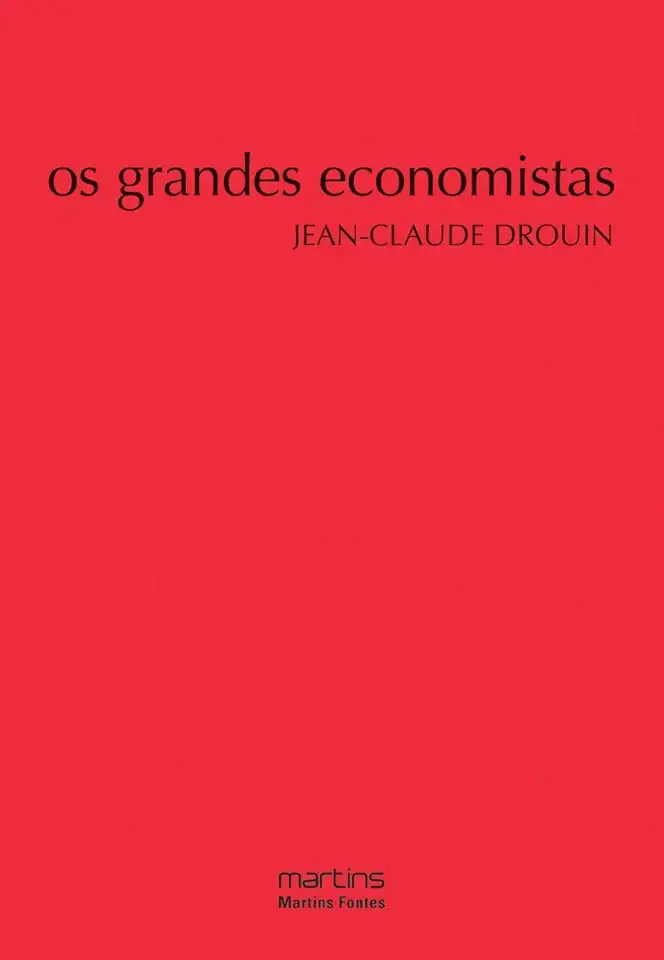
The Great Economists - Jean-Claude Drouin
The Great Economists: How Their Ideas Shaped the World
Introduction
In "The Great Economists," Jean-Claude Drouin takes readers on a journey through the lives and ideas of the most influential economists in history. From Adam Smith to John Maynard Keynes, Drouin explores the theories that have shaped the modern world and continue to influence economic policy today.
The Mercantilists
The Mercantilists were a group of economists who believed that the wealth of a nation was determined by its trade surplus. They argued that governments should encourage exports and discourage imports in order to accumulate gold and silver.
The Physiocrats
The Physiocrats were a group of economists who believed that the wealth of a nation was determined by its agricultural output. They argued that governments should encourage agriculture and free trade in order to promote economic growth.
Adam Smith
Adam Smith is considered the father of modern economics. His book, "The Wealth of Nations," laid the foundation for classical economics. Smith argued that the wealth of a nation was determined by its productive capacity and that free markets were the best way to promote economic growth.
David Ricardo
David Ricardo was a classical economist who built on Smith's ideas. Ricardo argued that the distribution of income was determined by the laws of supply and demand. He also developed the theory of comparative advantage, which explains why countries should specialize in producing the goods and services that they can produce most efficiently.
Thomas Malthus
Thomas Malthus was a classical economist who is best known for his theory of population. Malthus argued that population growth would eventually outstrip the food supply, leading to widespread famine and poverty.
John Stuart Mill
John Stuart Mill was a classical economist who is considered one of the most influential philosophers of the 19th century. Mill argued that the goal of economics should be to promote the greatest happiness for the greatest number of people. He also developed the theory of utilitarianism, which holds that the right action is the one that produces the most good.
Karl Marx
Karl Marx was a socialist economist who is considered one of the most influential thinkers in history. Marx argued that the capitalist system was inherently exploitative and that it would eventually be replaced by a communist society.
John Maynard Keynes
John Maynard Keynes was a British economist who is considered the father of modern macroeconomics. Keynes argued that governments could use fiscal and monetary policy to manage the economy and prevent recessions.
Conclusion
"The Great Economists" is a comprehensive and accessible introduction to the history of economic thought. Drouin's engaging writing style and clear explanations make this book a must-read for anyone interested in economics.
Why You Should Buy This Book
"The Great Economists" is a valuable resource for anyone who wants to understand the world economy. This book provides a clear and concise overview of the most important economic theories and their impact on the modern world. Whether you're a student, a businessperson, or simply someone who wants to be more informed about the economy, "The Great Economists" is a must-read.
Here are a few reasons why you should buy this book:
- It's a comprehensive and accessible introduction to the history of economic thought.
- It provides clear and concise explanations of the most important economic theories.
- It's written by a leading expert in the field of economics.
- It's a valuable resource for anyone who wants to understand the world economy.
Don't miss out on this opportunity to learn from the great economists and gain a deeper understanding of the world economy. Order your copy of "The Great Economists" today!
Enjoyed the summary? Discover all the details and take your reading to the next level — [click here to view the book on Amazon!]